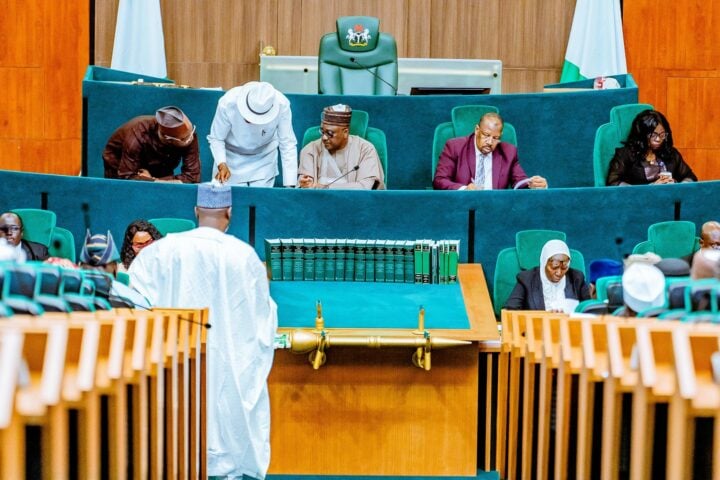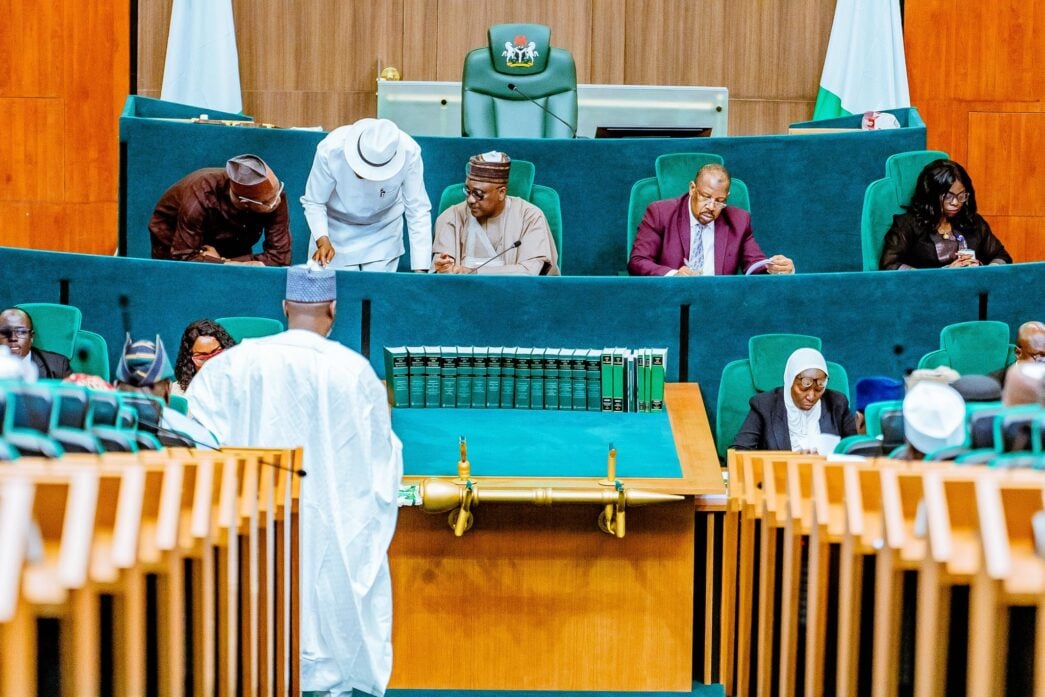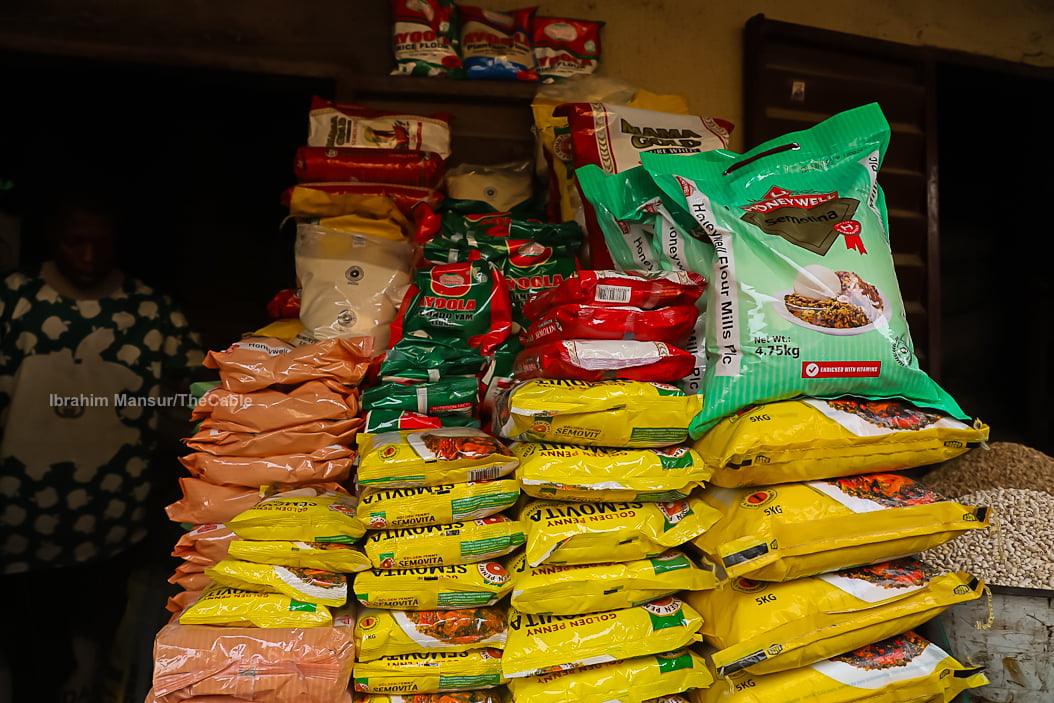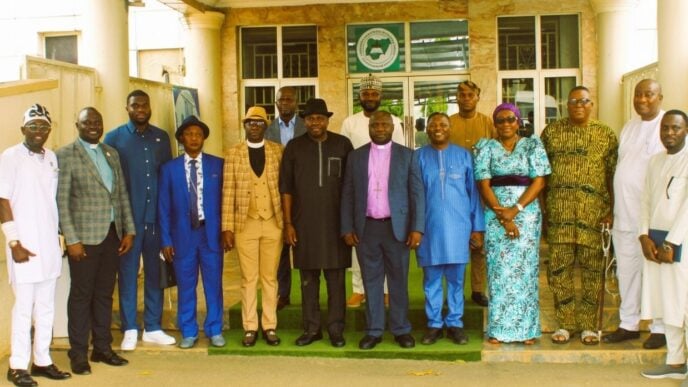A bill seeking to include value-added tax (VAT) in the exclusive list has passed second reading at the house of representatives.
The proposed law is co-sponsored by Benjamin Kalu, deputy speaker, Chris Nkwonta, Daniel Ago, Nkemkanma Kama, Tolani Shagaya, Alex Egbona, and Joshua Gana.
Leading the debate during Wednesday’s plenary, Gana, lawmaker representing Lavun/Mokwa/Edati constituency of Niger state, said the bill intends to erase confusion in the collection of VAT.
“The bill seeks to bring order where confusion reigns, to create clarity where overlaps have persisted, and to ensure that every naira raised, shared, or spent by government is traceable, lawful, and transparent,” he said.
Advertisement
“At the heart of this bill is a simple but transformative goal, which is to align the revenue powers of the federation, states, and local governments in a way that promotes efficiency, discourages duplication, and restores trust in the fiscal system.
“The fiscal architecture of our federation has, over time, become congested and conflicting. Multiple taxes and levies are imposed at different tiers of government, often on the same taxpayer. Revenue agencies overlap, leading to inefficiencies and litigation over collection rights, as seen in disputes over Value Added Tax (VAT), stamp duties, and personal income tax.
“In many instances, private consultants or agents are unlawfully contracted to collect taxes and levies, giving room for corruption, harassment, and revenue leakages.
Advertisement
“These dysfunctions weaken our ability to plan budgets accurately, erode investor confidence, and alienate citizens from government. To strengthen our budgetary process, therefore, we must first strengthen the foundation of fiscal order, and that is precisely what this bill does.”
MAIN PROVISIONS
The bill, which contains four key clauses, seeks to clarify that stamp duties collected by the federal government apply only to documents or transactions involving corporate bodies, while those arising from individual transactions fall under the jurisdiction of states.
It also proposes introducing a new item — VAT or consumption tax — into the exclusive legislative list to ensure national uniformity, predictability, and a clear constitutional basis for VAT administration by the federation.
Advertisement
The bill seeks to prohibit the outsourcing of tax collection to private entities and to set a ceiling of nine as the maximum number of taxes, levies, or charges that may be imposed on a person’s income, consumption, or property within a year.
It further aims to streamline local government taxation by removing redundant or overlapping tax powers to prevent the harassment of traders, artisans, and small businesses.
Gana said if passed into law, the bill will reduce intergovernmental conflicts over revenue collection, strengthen fiscal coordination across the
three tiers of government and enhance budget predictability, enabling governments to plan expenditures.”
BACKGROUND
Advertisement
In 2021, the Federal Inland Revenue Service (FIRS) asked the national assembly to include VAT collection in the exclusive legislative list.
The FIRS made the request following a legal tussle with the Rivers state government over the authority to collect VAT and personal income tax (PIT) within the state.
Advertisement
Advertisement










